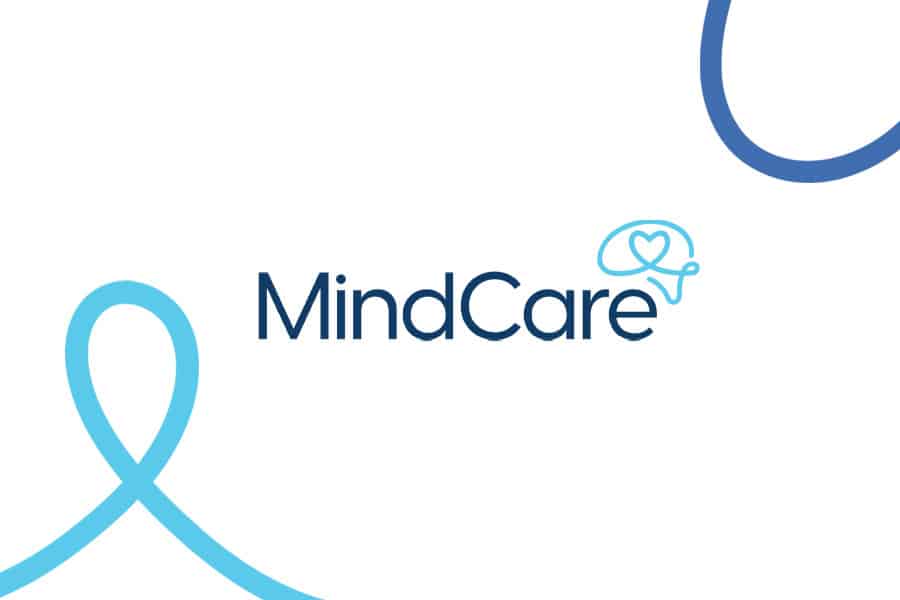What Is PTSD and Why Does Support Matter?
PTSD is a psychological response to trauma that affects the brain’s stress response system.
It causes symptoms such as hypervigilance, emotional numbness, intrusive thoughts, and withdrawal.
Support from loved ones plays a key role in recovery. According to the National Center for PTSD, social support is one of the strongest predictors of better trea
How Does PTSD Affect Behaviour?
Understanding behavioural changes helps avoid misinterpretation.
| Symptom | Possible Interpretation | Reality |
| Withdrawal | “They’re ignoring me” | They may be overwhelmed by triggers |
| Irritability | “They’re angry at me” | Their nervous system is in overdrive |
| Numbness | “They don’t care” | Emotional blunting is a trauma symptom |
| Hypervigilance | “They’re paranoid” | It’s part of trauma-related stress |
PTSD disrupts emotional regulation. This often results in emotional distancing and reactive behaviour, especially in close relationships.
How Can You Provide Helpful Support?
1. Offer Stable Social Connection
People with PTSD often isolate themselves.
Your consistent presence, without pressure, can anchor their nervous system.
Simple actions—sharing a meal, walking together, or being present—help reduce perceived threats.
2. Respect Emotional Boundaries
Don’t push them to talk about the trauma.
Instead, let them know you’re open to listening when they’re ready.
3. Create a Predictable Environment
Establishing a routine helps rebuild safety and trust.
Regular schedules, familiar surroundings, and reduced chaos can help regulate stress.
4. Identify and Manage Triggers
Common PTSD triggers include:
- Loud noises (e.g. fireworks, sirens)
- Crowded places
- Specific dates or anniversaries
- Certain smells or sounds
- Media depicting violence or trauma
Track patterns in their responses. Encourage awareness without forcing exposure.
5. Be a Compassionate Listener
Use reflective listening techniques:
- Nod and maintain eye contact
- Acknowledge emotions: “That sounds really difficult”
- Avoid interruptions, comparisons, or minimising phrases
They may repeat details of the trauma—this repetition is often part of the healing process.
What Should You Avoid Doing?
- Don’t offer unsolicited advice
- Don’t say “Just get over it” or “Move on”
- Don’t force conversations about the trauma
- Avoid dismissing their reactions as irrational
Supporting someone with PTSD requires empathy, patience, and emotional stability on your part.
When Should You Encourage Professional Help?
Encourage treatment when your loved one:
- Struggles to function in daily life
- Experiences frequent nightmares or flashbacks
- Exhibits severe mood swings or suicidal thoughts
- Uses alcohol or substances to cope
- Withdraws completely from relationships
Professional therapy helps address root causes, regulate the nervous system, and reduce PTSD symptoms.
Therapies like Eye Movement Desensitisation and Reprocessing (EMDR) and Cognitive Behavioural Therapy (CBT) are evidence-based approaches.
How Can Mind-Care Help with PTSD Treatment?
Mind-Care offers specialised support for individuals affected by PTSD.
Services include:
- EMDR therapy
- Trauma-informed psychology
- Psychiatry and medication support
- Child and adolescent therapy
- Family and relationship counselling
We provide a safe, confidential, and non-judgmental space for recovery.
Need Support for a Loved One With PTSD?
You don’t have to navigate trauma recovery alone.
At Mind-Care, we help children, teens, and adults with trauma-informed, evidence-based therapies designed for real change.
Contact us today to book a confidential consultation and discover how our clinicians can support your loved one’s journey to healing.











